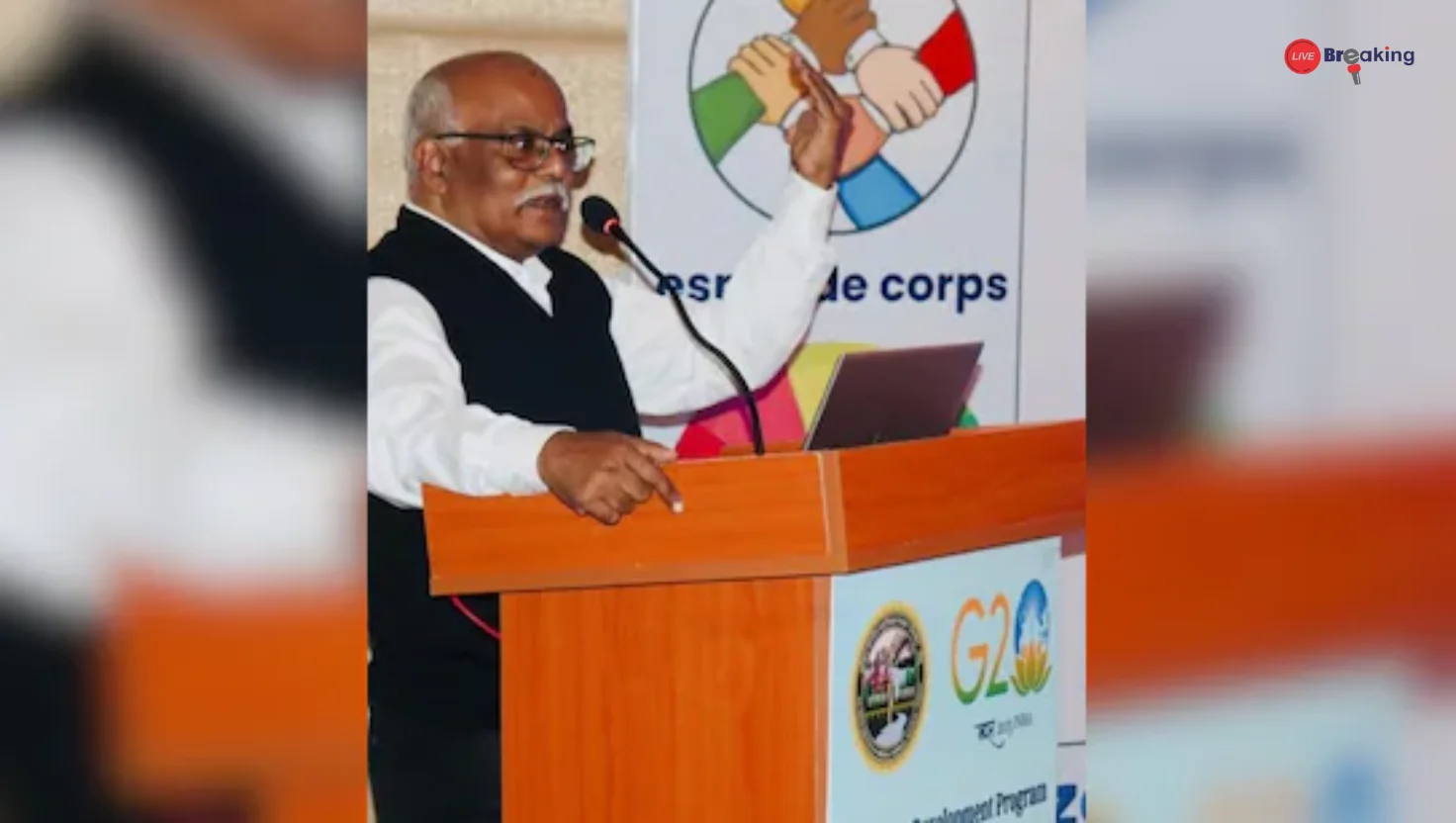Do You Know How Many Hours We Sleep?”: Supreme Court Judge’s Sharp Remark on Urgent Hearing Plea
In a packed courtroom, a Supreme Court judge recently made a striking remark while responding to a request for an urgent hearing: “Do you know how many hours we sleep?” The comment, though seemingly light-hearted, reflected the immense workload and pressure under which the higher judiciary operates. It also sparked a broader discussion about the challenges judges face in balancing their professional responsibilities with personal well-being.
The Context: Plea for Urgent Listing
The exchange occurred when a lawyer pressed for an immediate listing of a case, citing urgency. In response, the judge pointed to the sheer volume of matters the court is required to hear daily. With thousands of petitions and appeals flooding the Supreme Court each year, it is nearly impossible to accommodate every plea instantly. The judge’s remark, delivered candidly, highlighted the human limitations of the judicial system.
The court deals with everything from constitutional matters and public interest litigations to individual grievances. Each case demands careful study, research, and deliberation — making it unrealistic to expect instant redressal in every situation.
The Hidden Side of a Judge’s Schedule
The comment sheds light on the little-known reality of judicial life. For many judges, the work does not end when the courtroom disperses. Hours are spent afterward reading case files, preparing judgments, and reviewing documents. Legal matters often involve complex issues, requiring thorough examination before arriving at a fair decision.
Read more: PM Modi Promises “Double Diwali” And “Next-Generation” Tax Gift This YearHearing
Unlike popular perception, judges are not merely presiding over hearings for a few hours each day. Their schedules extend late into the night, leaving very little time for rest. By asking rhetorically how many hours they sleep, the judge reminded lawyers and litigants that the judiciary, too, is bound by the basic needs of human endurance.
A System Under Pressure
India’s judiciary is often praised for its independence and robust functioning, but it also faces enormous pressure due to pendency of cases. As of recent estimates, millions of cases remain unresolved across different levels of courts. The Supreme Court alone handles thousands each year, despite having a limited number of judges compared to the vast population it serves.
In such circumstances, demands for urgent hearings put additional strain on the system. While genuine emergencies — such as cases involving life and liberty — are taken up immediately, not all matters can receive priority. The judge’s remark thus reflected not dismissiveness but a practical acknowledgment of the limits within which the courts must operate.
Work-Life Balance in the Judiciary
The incident also reignites conversations about the importance of work-life balance for those in high-stress professions. Judges are entrusted with decisions that can change lives, shape policies, and even alter the course of history. The weight of such responsibility is immense, and without adequate rest, the quality of decision-making could be affected.
Read more: Trump Govt Eyes End to H-1B Lottery, Pushes for Merit-Based Selection
The comment underscores a larger truth: even the guardians of justice require downtime to remain effective. In an era where efficiency is demanded at every step, recognizing human boundaries becomes critical.
A Reminder to the Legal Fraternity
For the legal community, the episode serves as a reminder to approach the court’s time with sensitivity. While advocates are duty-bound to fight for their clients’ interests, pressing for urgency in every matter may dilute the seriousness of truly critical cases. By voicing the strain judges face, the remark encourages lawyers to exercise discretion and empathy when seeking early hearings.
Public Reaction and Broader Implications
The remark has resonated beyond legal circles, drawing attention from the public as well. Many see it as a rare glimpse into the personal side of judges who are often perceived as distant or removed from everyday struggles. Others interpret it as a call for systemic reforms to ease the burden on courts, whether by increasing judicial strength, introducing better case management practices, or leveraging technology.
Read more: Kolkata Drenched: 5 Dead as Torrential Rains Trigger Chaos Before Durga Puja
Conclusion: Beyond a Remark, A Reality Check
The statement — “Do you know how many hours we sleep?” — may have been made in passing, but its significance runs deeper. It humanizes the judiciary, reminding the nation that behind the robes and benches are individuals carrying an extraordinary workload.
It also opens up an important dialogue on judicial reforms, work culture, and the need for collective responsibility in managing the pressures of litigation. For litigants, lawyers, and citizens alike, the message is clear: justice is a demanding pursuit, and those who deliver it deserve both respect and understanding for the burdens they carry.













